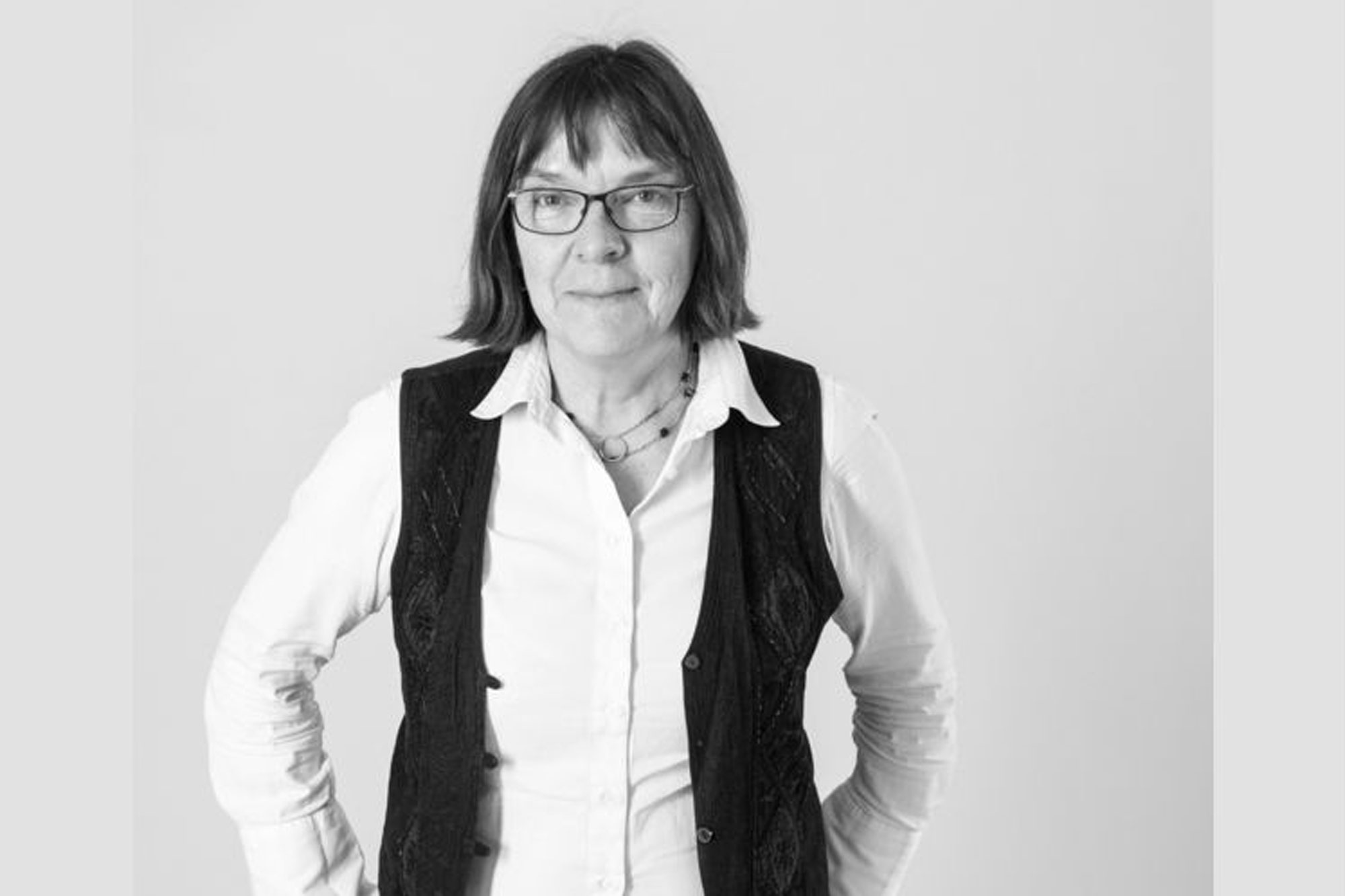The School of Anthropology and Conservation is delighted to welcome Professor Deborah James from the London School of Economics to speak as part of this term’s Social Anthropology Seminar Series. She will present a paper entitled ‘Sorting out income: transnational house holding and austerity Britain’.
The seminar will run between 13:00 and 15:00 on Tuesday 26th March in the Swingland room.
Professor James is a specialist of South and Southern Africa and her work is broadly political and economic in focus. She has just completed an ESRC-funded project entitled ‘An ethnography of advice: between market, society and the declining welfare state’. It explores how, under conditions of continuing economic crisis, assumptions about the nature of society are being reshaped, particularly in respect of who receives assistance and who funds and arranges it. Where the ‘usual’ targets of welfare and benefits were the poor or destitute, they now include those who work but cannot make ends meet, and who experience increasing numbers of complex problems for which they need advice. And where the ‘usual’ provider of such things, at least in the post-war years, has been the state, this is increasingly not the case.
Her latest book, Money from Nothing: Indebtedness and Aspiration in South Africa (Stanford University Press, 2015), explores the dynamics surrounding South Africa’s national project of financial inclusion – dubbed ‘banking the unbanked’ – which aimed to extend credit to black South Africans. It shows the varied ways in which access to credit by people in these newly-included sectors of society is bound up with identity and status-making, and draws out the precarious nature of both the aspirations of upward mobility and the economic relations of debt which sustain the newly indebted, revealing the shadowy side of indebtedness and its potential both to produce new forms of oppression and disenfranchisement in place of older ones, while also helping realise projects of upliftment.

